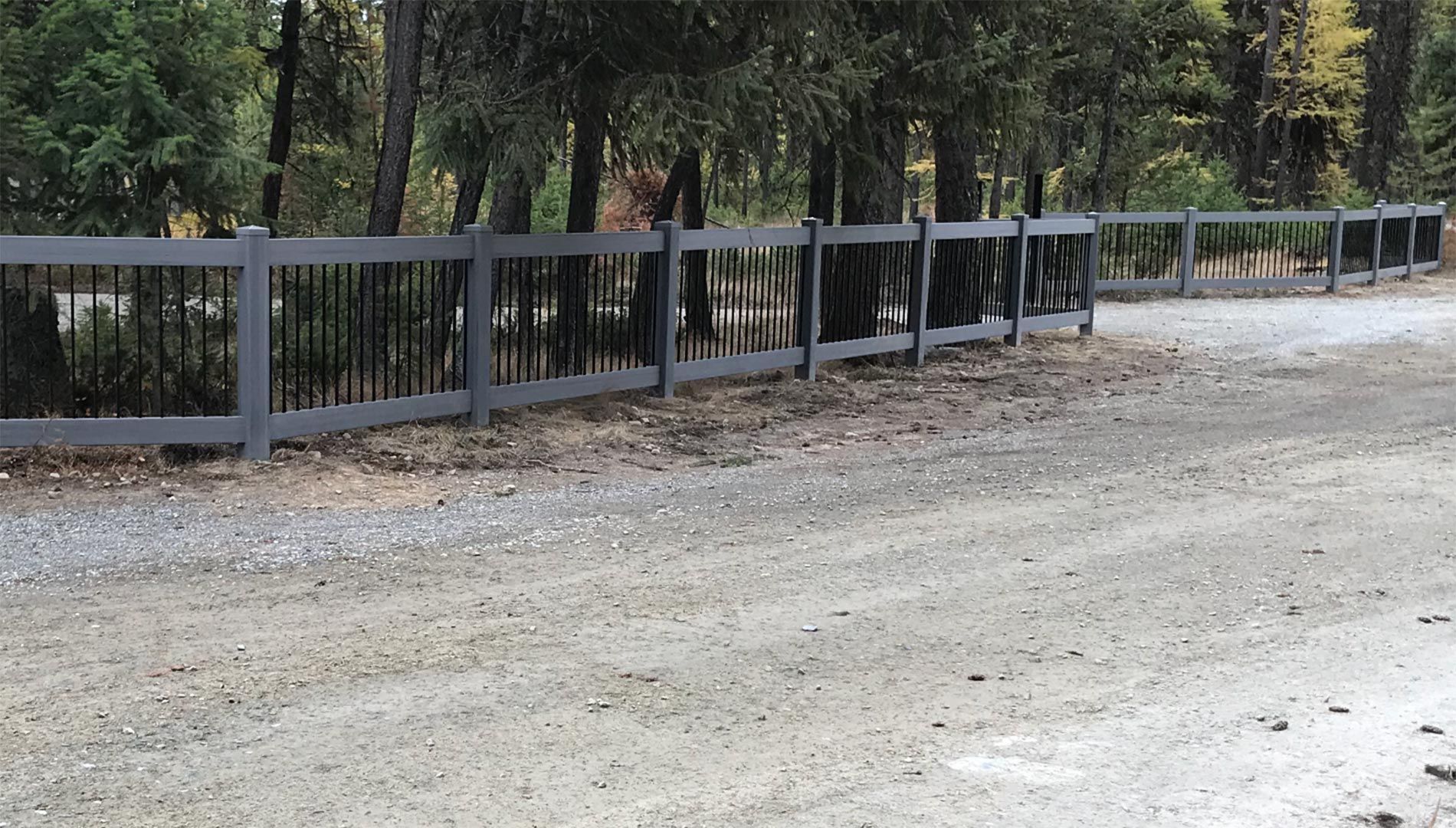Discover how continuous panel fencing has evolved into a leading fencing solution for various industries.
Early History of Continuous Panel Fencing
Continuous panel fencing originated out of necessity, with early designs using simple materials such as wood and stone to create barriers. Though practical, they were not as effective or long-lasting as modern fences.
Technological Advancements Over the Years
The advent of steel production during the industrial revolution revolutionized fencing. Stronger, more consistent panels became possible, and by the mid-1900s, continuous panel fencing emerged as a viable solution for various sectors.
Innovations in welding and fabrication made fencing more customizable and durable, leading to the shift from manual assembly to pre-fabricated panels, which sped up the installation process.
The Evolution of Materials in Continuous Panel Fencing
The materials used for continuous panel fencing have undergone significant changes to improve durability, reduce costs, and increase sustainability. Some notable advancements include:
- Galvanized Steel: Introduced for its resistance to rust and long-lasting performance.
- Powder-Coated Finishes: Added for aesthetic appeal and enhanced protection against the elements.
- Recycled Materials: Growing emphasis on eco-friendly solutions has led to the use of recycled steel and other sustainable materials.
How Different Industries Adopted Continuous Panel Fencing
Once used primarily by ranchers and farmers, continuous panel fencing is now widely adopted across numerous industries, including:
- Agriculture: Managing livestock and protecting crops.
- Industrial: Securing warehouses, factories, and storage areas.
- Residential: Enhancing property boundaries and aesthetics.
- Public Spaces: Safeguarding parks, playgrounds, and recreational areas.
This versatility has solidified its position as a go-to fencing solution worldwide.
What’s Next for Continuous Panel Fencing?
Looking ahead, continuous panel fencing will continue to evolve with innovations in technology, sustainability, and design. Upcoming trends include:
- Smart Fencing: Integration of sensors and technology for automated monitoring and security.
- Modular Designs: Easier customization and reconfiguration to adapt to changing needs.
- Green Materials: Increased use of recycled and biodegradable materials to minimize environmental impact.
These innovations ensure that continuous panel fencing will remain a key element of modern fencing solutions in the future.
Conclusion
The journey of continuous panel fencing showcases its evolution from simple enclosures to cutting-edge solutions. Its adaptability and durability have made it a trusted choice across industries, and with future innovations on the horizon, its potential is limitless. Ready to invest in a fencing solution that stands the test of time? Contact Montana Fence today!
